Statement on sexual harassment and gender equity
At Encompass, our core goal is to build a racially diverse, equitable, and inclusive farmed animal protection movement. However, we recognize that systems of oppression don’t operate independently. We believe that sexism, racism, ableism, and other forms of prejudice deserve introspection, analysis, and a framework for a path forward.
We’re in a unique cultural moment in which sexual harassment and gender equity are getting the attention they so desperately deserve. For decades, women have been working to expose imbalances of power both inside our movement and throughout society, and Encompass applauds these efforts.
One of our core values is to believe women, and all marginalized groups, when they come forward and tell us that the status quo isn’t working for them. Gender equity is vitally important in ensuring that our movement thrives, not only because our movement is primarily comprised by people who identify as women but because it’s the right thing to do.
Not only should we be sensitive to overlapping identities (we can be one or more of the following: women, people of color, queer, genderqueer or trans, coming from immigrant backgrounds, people with disabilities, elderly, and much more), but we should be clear that women of color—and specifically Black and Indigenous women—face these burdens at higher rates than white women.* Racial equity and gender equity are inextricably linked.
We agree with James Baldwin that, “Not everything that is faced can be changed, but nothing can be changed until it is faced.” In order to be good allies to women of all races and people of color of all genders, we need to create space and genuinely listen to people when they share their stories. This is one of the functions of Encompass; so if you are a person of color and you need a space to share confidential information, we will hold that for you.
It's also important to understand that everyday sexism and racism (aka “colorblind racism”) look different than acute, overt sexism and racism. The subtle, everyday effects of prejudice often impact women of all races and people of color of all genders—and specifically women of color—more intensely than overt racism or sexism (including sexual harassment). This is because they happen repeatedly and are often socially accepted.
For example, while most women don't experience sexual harassment or assault on a daily basis, most women do regularly experience subtle sexism such as being interrupted while speaking, being mocked for expressing emotion, and constantly feeling unsafe. Same too, with everyday racism—examples include being viewed with suspicion, being expected to speak on behalf of your perceived race, and feeling isolated or misunderstood in predominantly white spaces.
Encompass was created to dive deep into the roots of oppression and look at how the everyday effects of bias and prejudice impact how we treat each other and how we advocate for animals. It’s important to confront these difficult issues head-on so that we can be stronger in the long-run. While Encompass isn’t currently designed to tackle the specific issues of gender discrimination or sexual harassment, we are committed to equity and justice for all. To that end, we are able to connect women to resources and support services.
Ultimately, if we don’t do this difficult—and sometimes painful—work we run the risk of failing both ourselves and the animals. The animal protection movement is a group of compassionate and socially just individuals and we look forward to continuing this vital conversation with, and for, everyone—human and nonhuman alike.
* #MeToo was started for black and brown women and girls. They’re still being ignored.
** Ending Violence Against Native Women
*** When Black Women's Stories Of Sexual Abuse Are Excluded From The National Narrative

